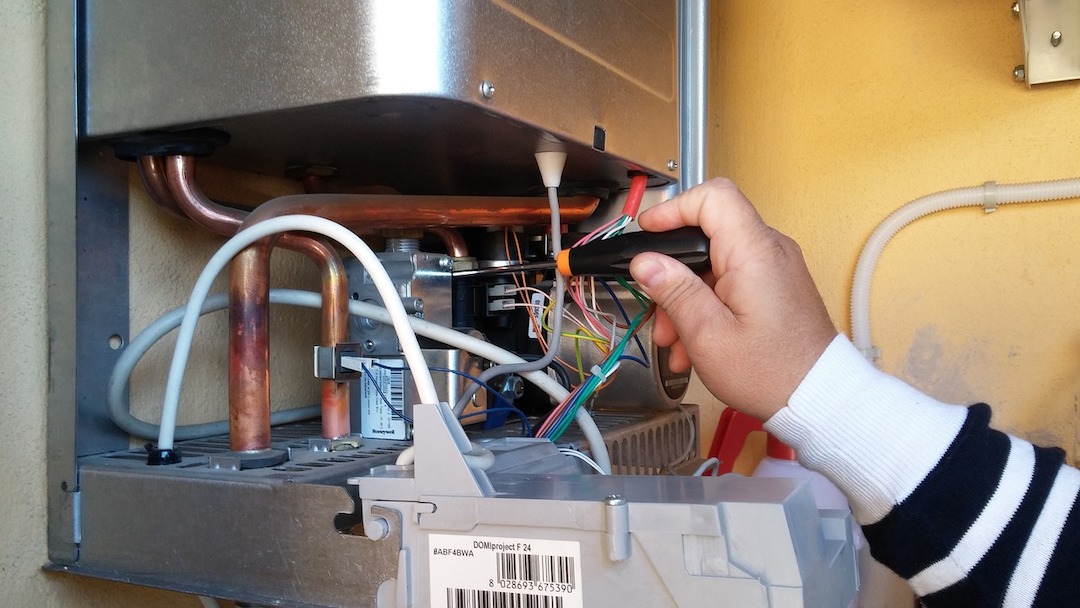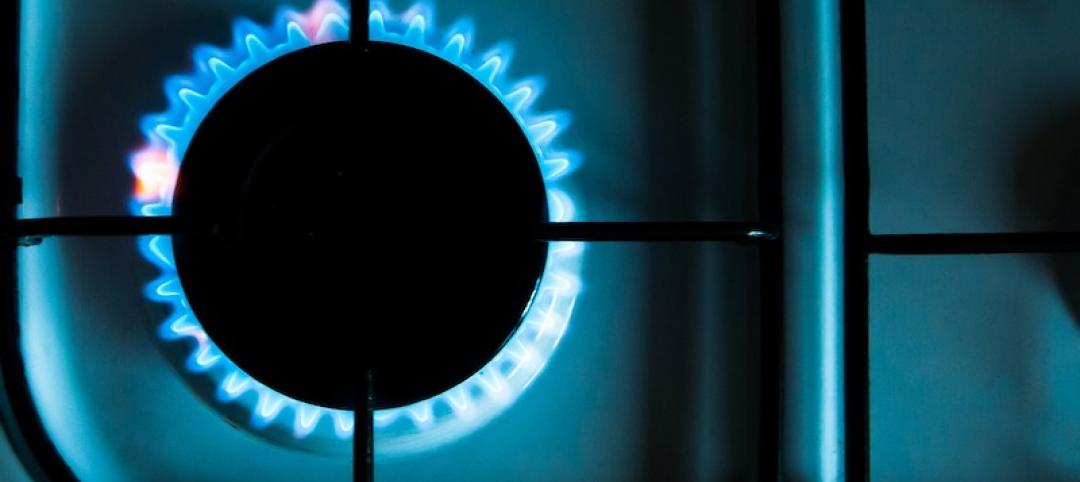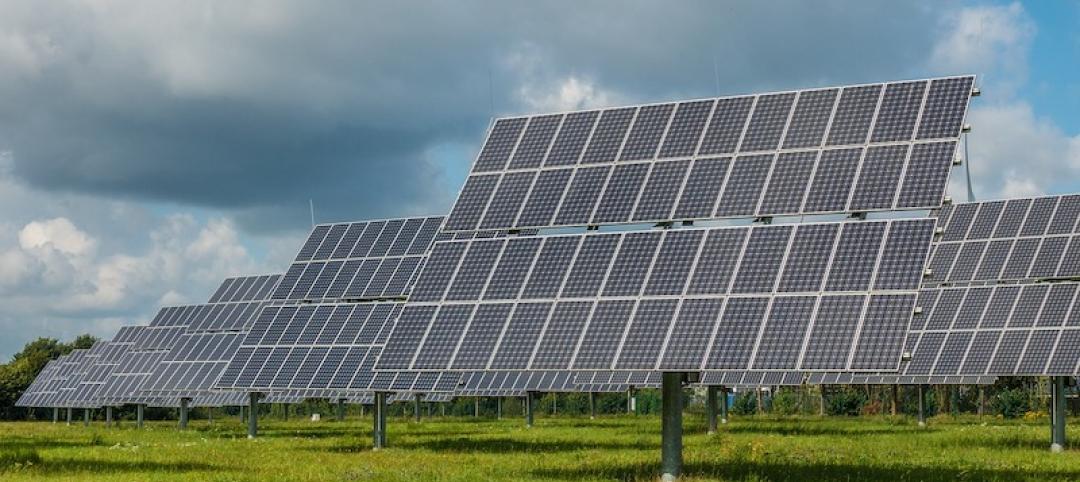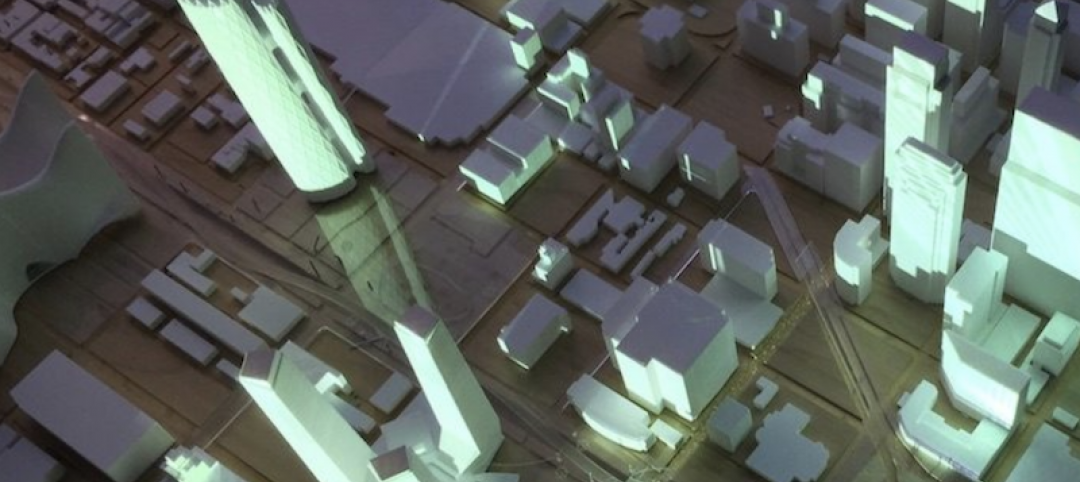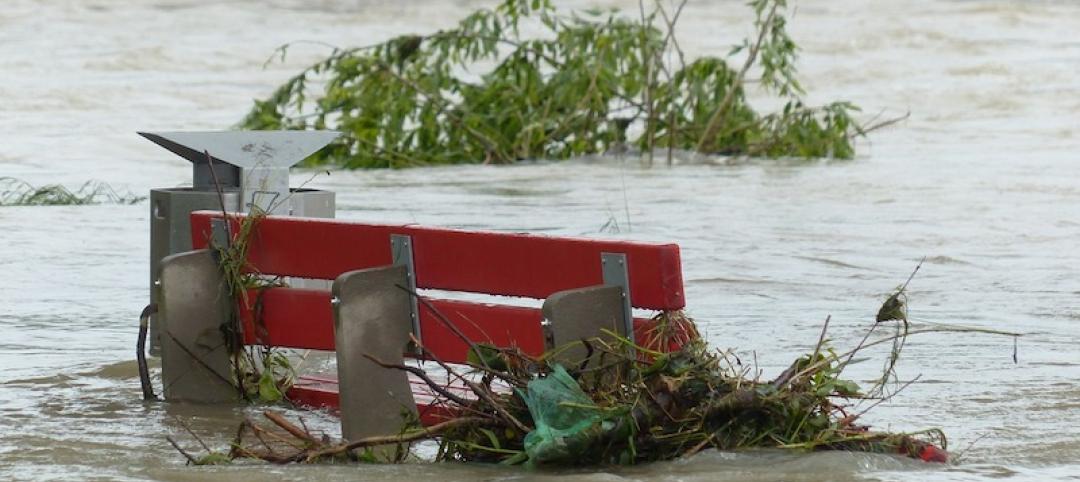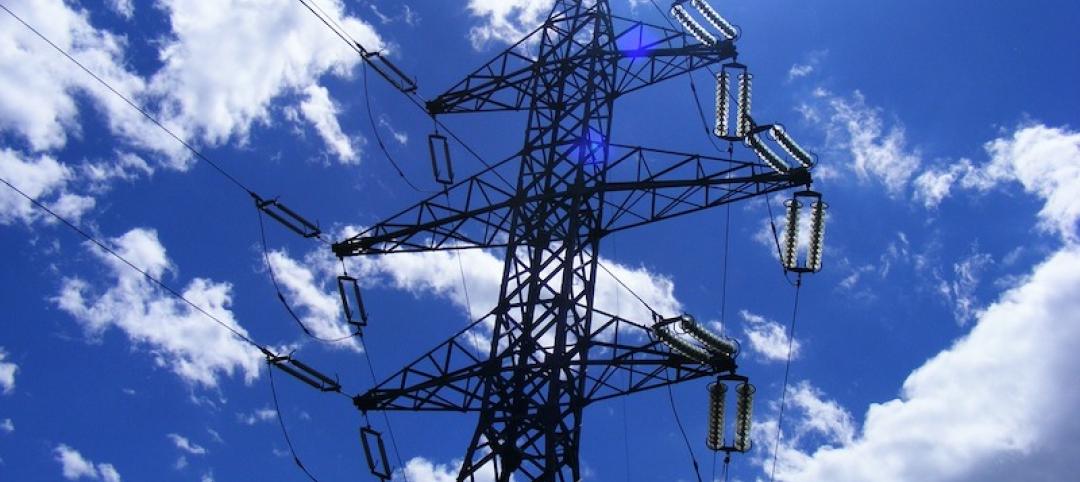Efficient electric hot water heating technologies significantly reduce the carbon emissions of multifamily buildings, according to a report by the American Council for an Energy-Efficient Economy (ACEEE) and New Buildings Institute (NBI).
In multifamily buildings with five or more units, water heating uses more energy than space heating, cooling, or lighting, the report says. Converting gas-fired water heaters to advanced technology—electric heat pump water heaters (HPWHs)—would cut greenhouse gas emissions from water heating by an average of 58%.
If HPWHs are powered entirely by clean sources, they cause zero emissions, making them a critical tool for decarbonizing the economy. Efficient electric water heaters carry a higher upfront cost over gas models, so policymakers would have to provide incentives to owners to make the conversion, the report says.
“Many utilities offer incentives for building or unit owners to install in-unit heat pump hot water heaters,” an ACEEE/NBI news release says. “Yet few programs are designed specifically for multifamily buildings, which offer unique challenges.”
Related Stories
Codes and Standards | Jan 27, 2021
AECOM sues insurance carrier for payment of COVID-19 property damage claims
Claims ‘all-risk policies’ should have included millions of dollars of losses due to virus.
Codes and Standards | Jan 26, 2021
Updated guide to repair and rehabilitate existing concrete structures published
Document assesses how to adhere to code requirements.
Codes and Standards | Jan 25, 2021
New guide for skylight selection, daylighting design released
Free Fenestration and Glazing Industry Alliance document now available.
Codes and Standards | Jan 21, 2021
California considers statewide ban on natural gas heat, hot water in new homes
Code update would take effect in 2023.
Codes and Standards | Jan 20, 2021
Steel industry, labor urge Biden to retain steel tariffs
‘Essential to ensuring the viability of the domestic steel industry.’
Codes and Standards | Jan 19, 2021
2021 Solar Investment Tax Credit will remain at 26%
Incentive was scheduled to be reduced to 22%.
Codes and Standards | Jan 19, 2021
Thomas Jefferson University launches the Institute for Smart and Healthy Cities
Will address climate change, social equity, rapid urbanization, and health.
Codes and Standards | Jan 14, 2021
Petition urges FEMA to update flood maps, set tougher standards for floodplain construction
Environmental and planning groups note soaring claims, flood insurance debt.
Codes and Standards | Jan 13, 2021
Proposed change to IECC process irks efficiency advocates
New procedure would diminish influence of local code officials.
Codes and Standards | Jan 12, 2021
Two net-zero hotel projects could portend a new hospitality trend
Energy-intensive sector comprises 10% of all commercial real estate.


